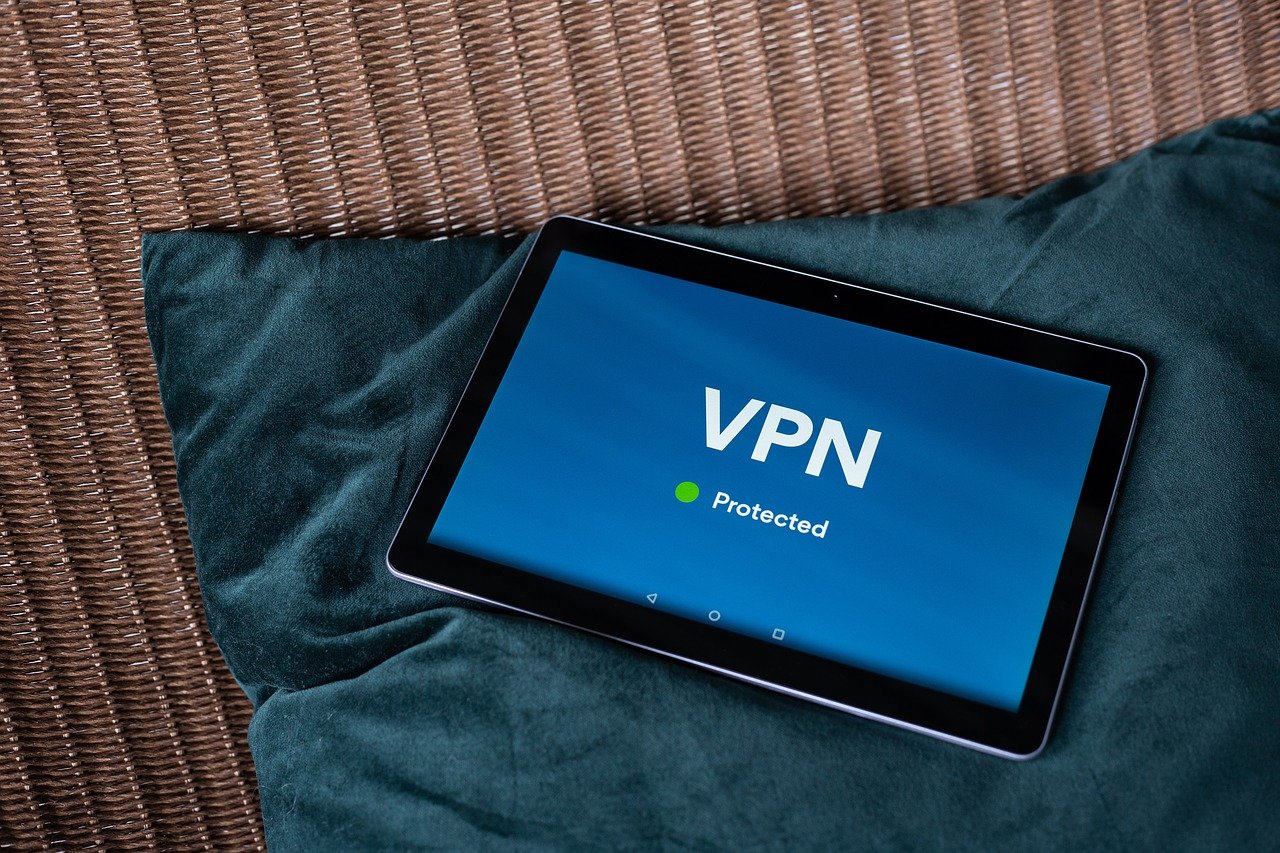What is a VPN used for: Looking for ways to increase your privacy online? The web was a wondrous place when it started. Still is, especially with all the previously unimaginable things that we can do with it now – at the literal tips of our fingers.
Unfortunately, all that has come with a price: our privacy. Security breaches, identity thefts… we have heard it all before. Ever wondered what could be the solution? It comes in three letters: VPN. A Virtual Private Network, what is a VPN used for?
So what is a virtual private network exactly, and how can it keep you safe on the world wide web? You’ve come to the right place. This article is going to give you all the answers you need. Let’s start right now!

What Is a Virtual Private Network?
A virtual private network (VPN) is a private, wide-area network that uses public telecommunications. A VPN provides a way to securely connect to another network over the public Internet.
VPNs are used to connect remote offices, sites, and users together. Using a Virtual Private Network, businesses can extend their private network over a public network, such as the Internet, to provide secure, remote access to their employees, customers, and partners.
By doing so, businesses can securely connect their employees to the corporate network from any location, providing them with access to the resources and applications they need to do their job.
VPNs can also be used to connect to multiple locations, allowing businesses to build a private network that spans multiple locations.
Additionally, a VPN can protect the personal privacy of an individual while using the Internet. If a user wants to know their own IP address, they can easily do so using one of those “what is my IP” sites.
You may also like How to Manually Setup a VPN on Windows 11
What Are the Different Types of VPNs?
There are three key categories of VPNs: remote access, intranet-based site-to-site, and extranet-based site-to-site. Let’s look into the details to know their differences:
Remote Access VPN
Remote Access VPN is VPN that is used for personal purposes. This type of VPN allows a user to connect to a private network, where the added encryption serves to protect that user’s security.
Commercial VPN services are built upon this principle, where VPN providers let you use their own network to access the Internet. As a result, you can browse, download, and do pretty much anything online without anyone knowing, including hackers.
Site-to-Site VPN
This type of Virtual Private Network allows multiple users in various fixed locations to exchange information and resources. There are two types of site-to-site VPNs:
Intranet
This type of VPN allows users within one company or organization to access one another’s resources from different local area networks (LANs) connected to one wide area network (WAN).
For example, when one branch of a company communicates with another branch in another city, they are using an intranet-based site-to-site VPN.
Extranet
When users communicate from two separate intranets without connecting to each other directly, that is an example of an extranet-based site-to-site VPN. An example would be two different companies collaborating on a project.
You may also like How to Install a VPN on a Fire TV Stick
What Are the Benefits of Using a VPN?
If you understand the concept of VPNs, it’s easy to imagine what the benefits would be. But for the purpose of clarity and proper appreciation of this technology, here are the most significant general advantages offered by VPNs:
Network Protection
The most basic benefit of using a Virtual Private Network is the protection it provides a network. It allows a user to anonymously perform activities online, hence protecting all transmitted and received data.
Support Cost Reduction
Because a VPN makes a network more secure and private, there will be fewer issues requiring customer support. When a network is not very problematic or needs minimal upkeep, overall support costs are naturally lower.
Company or Geo-Restriction Breach
A VPN allows a user to log on to websites that they may be otherwise prohibited from accessing, either due to geographical or work-related restrictions.
Privacy Preservation
When a user is allowed to use the Internet anonymously, that means they can also maintain the privacy of their Internet transactions.
Faster Connection
Data and bandwidth throttling happen when a user has reached a specific amount of ISP-provided data and bandwidth, respectively. As a result, the connection slows down.
When a user has a VPN installed, the ISP cannot even detect their presence. Hence, neither data nor bandwidth throttling is possible. That also means the connection can remain optimal.
Network Scalability Enhancement
With a VPN, a company can scale its network faster simply by allowing more employees to access the connection all at the same time. It then becomes a mere issue of bandwidth. Then again, not all VPNs are created equal. In any case, you’d like to use the best VPN available to you.
You may also like How to Use Thunder VPN App for Android
The Value of VPNs in Modern Society
So, to reiterate, what is a virtual private network? It is a private, secure way to access company or school networks from home or while traveling. Using a VPN, you can connect to a remote network, making it appear as if you are on the local network.
This allows you to access files and resources that you may not be able to otherwise. VPNs are a great way to stay secure and keep your data private.
If you’re looking for a VPN to use, make sure to do your research and choose one that is reputable and has a good track record.
Looking for more high-value articles? Browse our blog!
![]()













